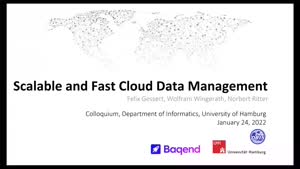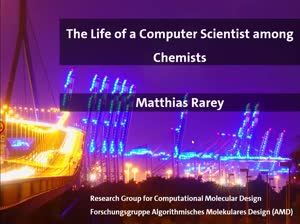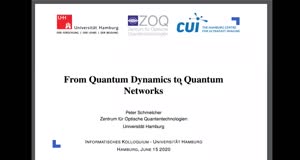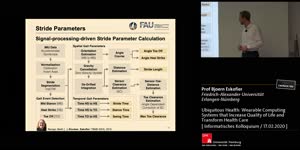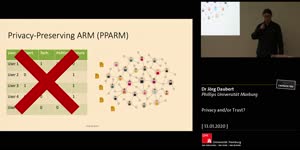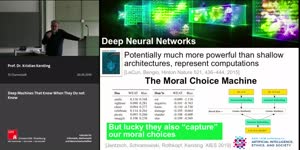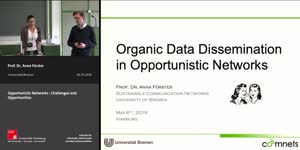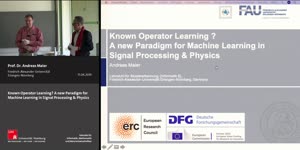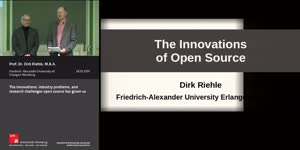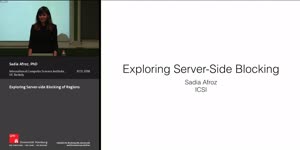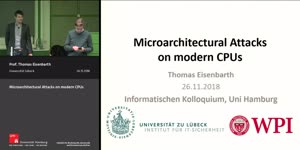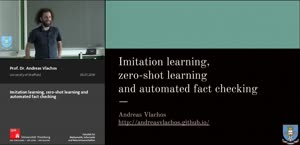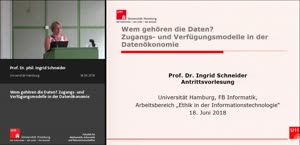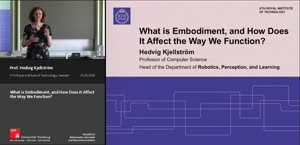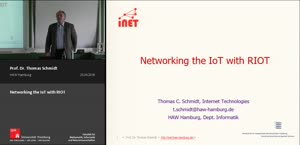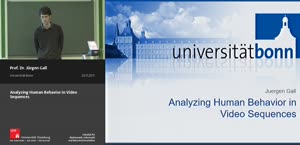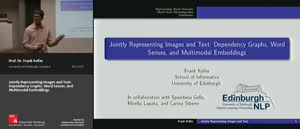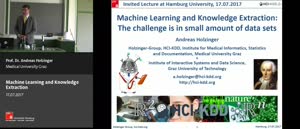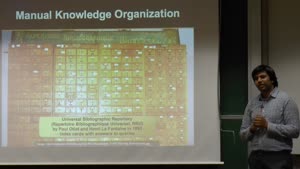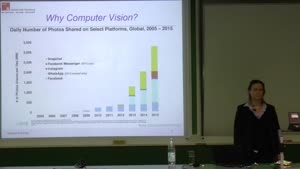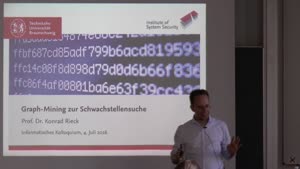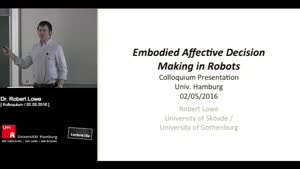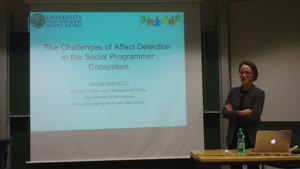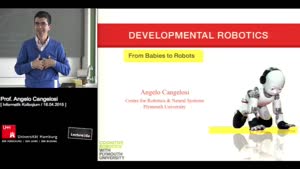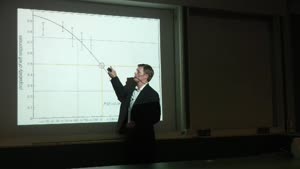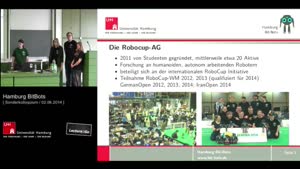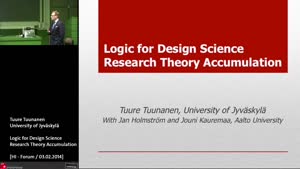An Integrative, Event-Predictive Perspective on Cognition: Behavioral Evidence and Artificial Neural Network Models - Prof. Dr. Martin V. Butz - University of Hamburg
- Lecture2Go
- Catalog
- F.6 - Mathematik, Informatik, Naturwissenschaften
- Informatik
- Informatisches Kolloquium
Catalog
An Integrative, Event-Predictive Perspective on Cognition: Behavioral Evidence and Artificial Neural Network Models
The slides are available as a PDF under the download tab
I propose an integrative theory of cognition, derived from the principle of anticipatory behavior. Acknowledging that in the end all neural activities and encodings should serve homeostasis-oriented, behavioral control purposes – including abilities of adaptation, directing attention, social interaction including communication, versatile planning, and reasoning – behavior is controlled by desired future states. However, in order to make future state imaginations tractable, compact encodings of events and event transitions are essential. When augmenting formalizations of active inference – essentially minimizing anticipated free energy – with event-oriented abstractions, useful hierarchical, event-predictive encodings can develop. I show behavioral evidence that such encodings indeed exist and dynamically unfold in our minds. Moreover, I show several computational neuro-cognitive models that learn hierarchical, event-predictive encodings from sensorimotor experiences for the purpose of optimizing flexible and highly adaptive, interactive goal-directed behavior. I end with evidence that suggests that the joint activation of event-predictive states and successions of such may indeed make us language-ready.



